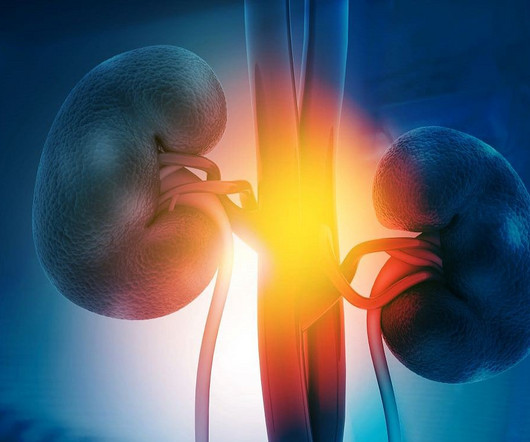Cardiovascular risk management of patients with depression in Dutch general practices [Behavioral, psychosocial, and mental illness]
Annals of Family Medicine
NOVEMBER 20, 2024
Context: Depression is a common disease in general practice, leading to an increased cardiovascular risk. The majority of patients with depression is treated by their General Practicioner (GP). In the Netherlands GPs are also responsible for cardiovascular risk management (CVRM), for which a guideline is made.












Let's personalize your content